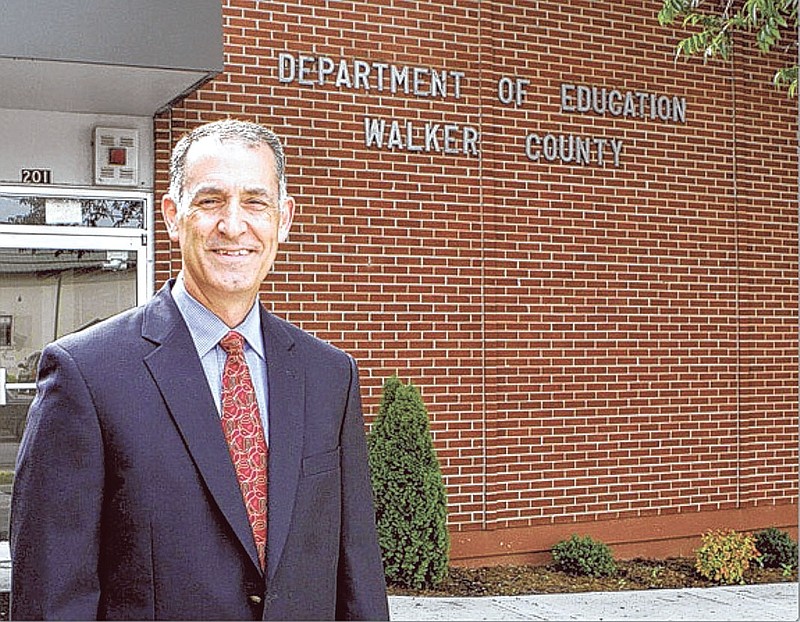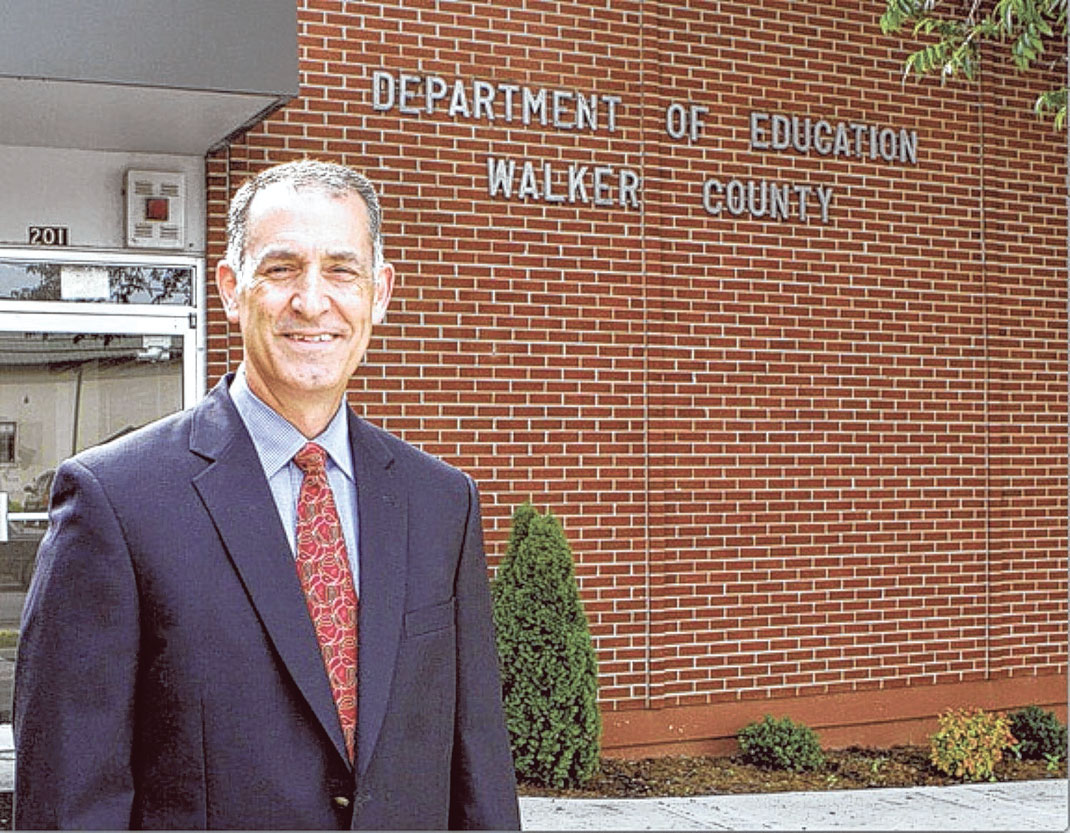After struggling with a lack of revenue through a series of budget meetings dating back to February, the Walker County (Georgia) Board of Education is recommending a 4.84% property tax rate increase as part of its 2019-20 proposed budget. It would be the first millage rate increase since 2004.
If approved, the new tax rate will be included in the property tax bills that are sent to property owners in October. Walker County's fiscal year runs from July 1-June 30, which means the system will not begin collecting new funds until January 2020.
"I think people here know that we do not raise taxes unless we absolutely have to do so," said Phyllis Hunter, who joined the board in 2004 when the millage rate was reset to 17.55. Unlike Tennessee, school boards in Georgia set the tax rate for school funding. "We try to be respectful of seniors and the income level of the county. But we are at the point where we really don't have a choice."
The new millage rate proposed by the board is 17.404, an .803% increase over the "rollback rate" of 16.601 set through the annual appraisal process by the Walker County Board of Assessors. The rollback rate is the amount necessary for the school system to maintain the same funding levels as the previous year. It was established in 2000 by the Georgia legislature to protect homeowners against inflation.
One mill equals 1 tax dollar per $1,000 of assessed property value. As proposed, the tax increase will cost a homeowner with a $100,000 home $31 more annually, according to school officials, while a home valued at $75,000 will increase $24 annually. The median home value in Walker County is $110,900, according to Zillow.com. The millage rate is applied per $1,000 of the assessed property value.
"The board members know the history of the millage rate and where it started, and I think they are comfortable with seeking the increase," Superintendent Damon Raines said.
The school system announced its intent to raise taxes Feb. 4 on its website. It also announced six public meetings during which the budget and tax increase would be discussed. The board held a budget review meeting Tuesday in Chickamauga and will hold a second budget review meeting at 5:30 p.m. Monday at the district office on Duke Street in LaFayette.
In addition, the board is required by law to hold three "millage rate adoption hearings" before a final vote to change the rate. Those meetings will be held at 10 a.m. and 5 p.m. on July 15 at the district office. The final millage rate adoption hearing will be at 6 p.m. on July 25. The board then will convene into regular session and set the millage rate.
"We hung on as long as we could, but we need to get back into a situation financially where we are not having to search for dollars," Raines said. "We are doing all we can to give citizens a chance to understand the budget and why the increase is needed."
Hunter said the board was concerned that the system's fund balance has dwindled over the past decade as funds were used to balance the annual budgets, a concern expressed by Raines from the outset of budget discussions. The initial budget reviewed by the board in June showed a projected June 30, 2020, fund balance of less than $500,000.
After adjustments by Raines and financial director Rachel Elliott, the projected fund balance is just over $2 million, but the proposed budget still includes using more than $4 million in reserves to balance the budget. Raines said historical trends show the system will save between 2% and 5% during the course of the school year, which will also increase the June 30, 2020, fund balance. A 3% savings during the year would increase the June 30, 2020, fund balance to $4.8 million.
"I think the board is very concerned with the fund balance getting too low," Hunter said. "We've been using the fund balance because we wanted to do everything possible before raising the millage rate. We need to do this and begin rebuilding the fund balance."
School officials said the tax increase will generate an estimated $955,000 and the administration will revamp the published budget once the millage rate is approved to allocate the new revenue. He said the new funds will help offset some of the local costs for salary increases and increases passed on from the state retirement system.
Certified teachers in Georgia will receive a $3,000 raise in the fiscal 2019-20 budget requested by Gov. Brian Kemp and approved by the Legislature in May. The total cost for all Walker County employee raises in the projected budget is $3.5 million. The state will provide $2.24 million with $1.1 million in local funding required to fund the raise for certified teachers not included in the state funding formula as well as non-certified employees of the school system.
The state of Georgia began reducing promised education funding in 2003 due to state revenue shortfalls. Raines said Walker County lost about $53 million in revenue during his eight years as superintendent. The state fully funded education for the first time since 2003 in 2018-19.
"We went through lean times and teachers bore the financial burdens on their backs," Raines said. "And even during those times when our teachers were footing the bill, they kept working to improve education. They deserve the raise, and I believe the citizens know that."
Walker County consists of 16 schools with a K-12 enrollment of 8,677. More than 72% of Walker County students qualify for free and reduced lunch. Raines told those in attendance at the budget meeting Tuesday that Walker County has improved its graduation rate from 52% to 90% since 2004.
"I believe our track record in how we have managed public funds for a number for years is important to Walker County citizens," Raines said. "We've stayed focused on our mission to help students in spite of budget challenges."
Contact Davis Lundy at davislundy@aol.com.

